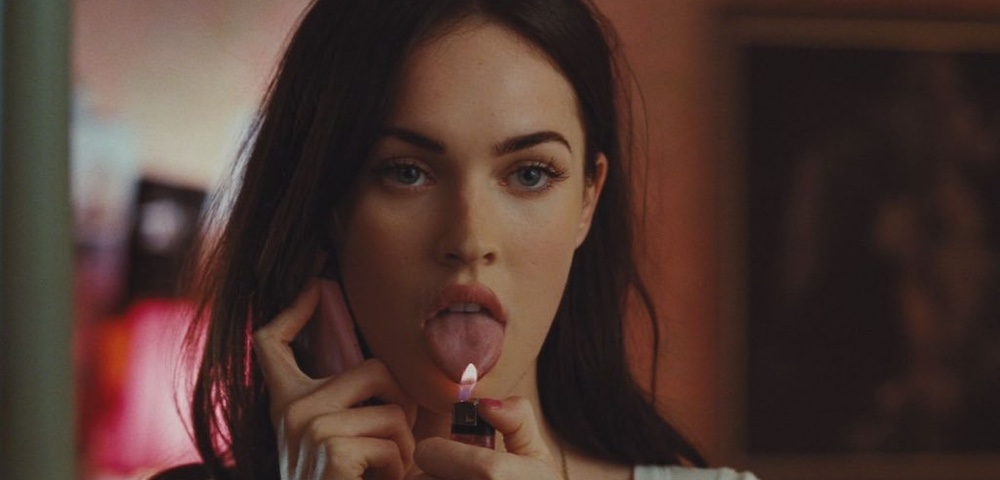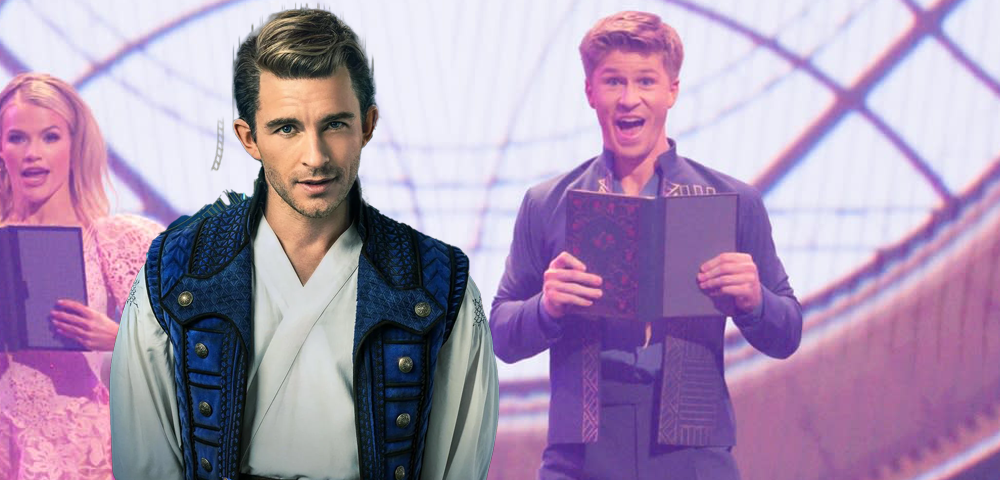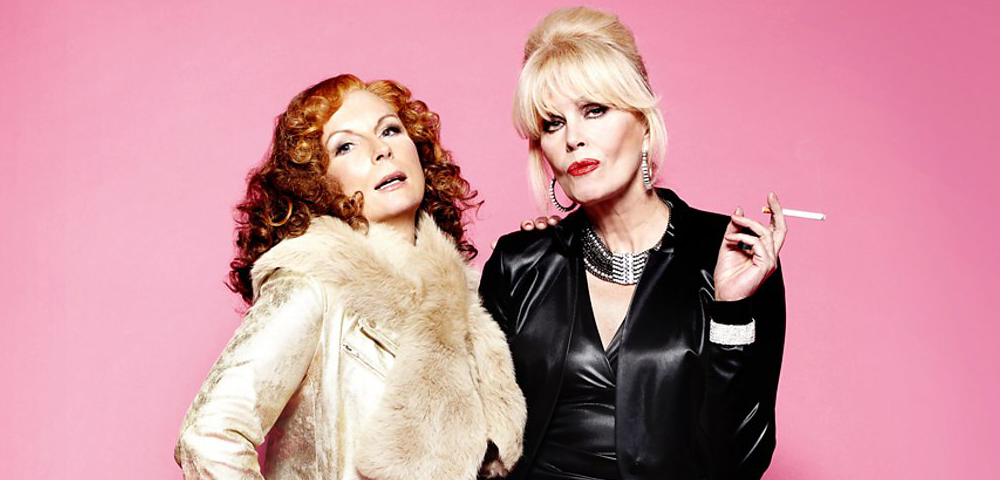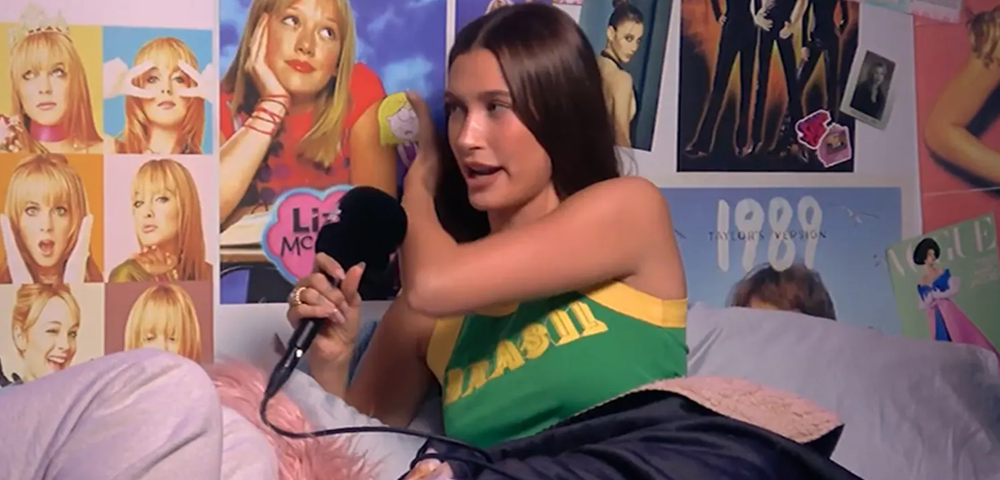
Film review: Moonlight is a transcendent masterpiece

ONE of my most vivid memories of primary school is that it was where I was first teased for being gay without having any inkling of it myself. The jarring thing about this was always that it opened my eyes, to some degree, to an image of myself I didn’t yet understand, and simultaneously made me force my eyes shut to avoid exactly what I was seeing. I think about the next version of myself – the teenage one who saw this self-image clear as day but couldn’t help but avert his eyes – and wonder to what extent that version of me was created by the sting of that first shouted, “Faggot!” And I consider what, exactly, would be different about myself now had neither of those versions been informed by those experiences.
“Who is you, Chiron?”
In the third chapter of Moonlight, Kevin (André Holland) asks this of “Black” (Trevanté Rhodes), the adult version of the film’s main character, Chiron. The question at the heart of Moonlight is whether or not, at any stage of life, that becomes a genuinely answerable question. Each version of Chiron – played at first with quiet strength by Alex R. Hibbert, and later with shattering vulnerability by Ashton Sanders – is crafted so delicately and intelligently that by the end of each chapter you feel like you could almost answer the question for him.
Part of the genius of Moonlight is that even in telling the specific story of Chiron, adapted from the semi-autobiographical, un-staged play In Moonlight Black Boys Look Blue by Tarell Alvin McCraney, it approaches emotions and experiences typically reserved on screen for white characters with a distinct African-American point-of-view. Director Barry Jenkins, improbably, grew up in the same poverty-stricken Miami neighbourhood of Liberty City as McCraney, who is gay, but they never met until they began developing the film together. Their mothers both struggled with addiction just as Chiron’s does, and the fusion of their perspectives is a large part of what makes Moonlight such an indelible work.
Put simply, this film is an utterly astonishing feat of craft and storytelling on every level. In the first chapter, Hibbert’s young Chiron, fleeing the taunts of classmates, finds himself in the care of Juan (Mahershala Ali), a drug dealer, and his girlfriend Teresa (Janelle Monae). Little barely speaks to anyone except Kevin (here played by Jaden Piner), who treats Chiron purely as he is. Juan tries to fashion himself into a figure of stability in Little’s life, while his addict, overprotective mother Paula (Naomie Harris) tries to shield him from the realities of hers.
The middle chapter finds Paula further deteriorated. Sanders’ teenage Chiron is perhaps the stand-out performance in the film, his crumpled frame and pained eyes almost betraying a shock at still being alive. A chance encounter finds Chiron and Kevin (Jharrel Jerome) at the beach together one night leads to a formative moment of intimacy between the two, the kind of life-saving connection that finally comes when you meet someone who wants to know that part of you.
When we first meet Rhodes’ adult Chiron, it’s a shock to see him. In the decade or so time that’s passed, he’s become a mass of pure muscle, clad to him like armour. When a call from Holland’s Kevin comes out of the blue, his façade of masculinity immediately crumbles and it is as though we’re seeing Sanders and Hibbert performing once again. Part of what is so awe-inspiring about these divided performances is that none of the three Chirons or Kevins ever saw each other’s work during filming; it’s a testament to Jenkins’ control over the material that each version of both characters feels distinct yet completely a part of the whole.
As each chapter passes, you see the way every person in Chiron’s life impacts him through their presence, absence or both. You see how he is failed and rejected, and how he ultimately changes to shield himself from what lies beyond his control. While a film like this, with the subject matter that it has, could so easily have stumbled into the familiar trap of ‘tragic queer’ narratives which dominated depictions of LGBTQI people for so long, it instead treats these events as foundational, as means of self-discovery. The film uses the darkness in Chiron’s life as a border to the gorgeous colours and images, courtesy of cinematographer James Laxton, that fill the space between the edges of his identity.
“I’m me, man. I ain’t tryna be nothing else.”
Moonlight is an overwhelming, emotional masterpiece, and its sheer power will linger in your mind and in your eyes long after. And though few will be able to relate to Chiron’s specific experiences, it’s impossible not to see your own story running parallel to it. It’s the kind of transcendent filmmaking that reaches back into your own personal history sheds new light on how you saw yourself. It’s earthbound yet celestial, a collision on the horizon where waves meet the stars – where black meets blue.
Moonlight is out in Australian cinemas on January 26, with advance previews from January 20 to 22. It will screen at the Mardi Gras Film Festival in Sydney on March 1 2017 here.









